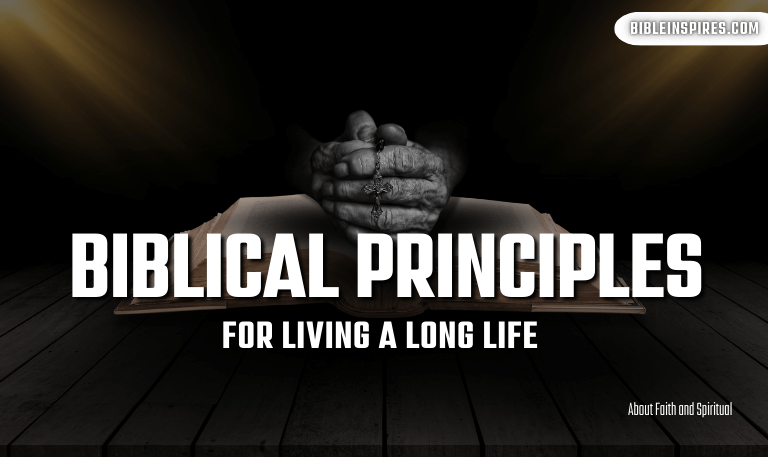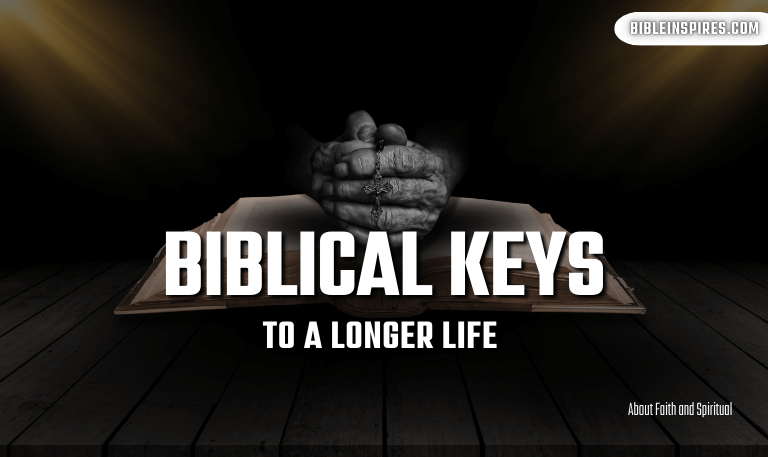Christianity encompasses a rich tapestry of denominations, each with unique beliefs, traditions, and practices. Among the most prominent are the Baptist vs Presbyterian churches. If you’re wondering what is the difference between Baptists vs Presbyterians? or how these two denominations compare in theology, worship, and governance, this detailed guide is for you.
In this article, we’ll explore the history, core beliefs, practices, and cultural nuances of Baptist and Presbyterian churches, helping you understand their similarities and differences. Whether you’re a seeker, a believer, or just curious, you’ll find clear, well-researched insights designed for easy understanding.
1. Introduction to Baptist and Presbyterian Churches
The Baptist and Presbyterian traditions both emerge from the Protestant Reformation but have developed distinctive identities.
Baptists emphasize believer’s baptism by full immersion and congregational church governance, valuing individual faith decisions.
Presbyterians emphasize a structured, elder-led church governance (presbyterian polity) and practice infant baptism, rooted in Reformed (Calvinist) theology.
This fundamental contrast in baptism and church governance often becomes the main point of comparison, but there are many more theological, liturgical, and cultural differences to explore.
Read Also: Happy Wednesday Blessings
2. Historical Origins and Development
Origins of the Baptist Church
Date: Early 17th century in England and Holland.
Roots: Emerged from English Separatists who rejected the Church of England’s state church model.
Key Figures: John Smyth and Thomas Helwys are credited with founding the first Baptist churches.
Key Event: Emphasis on believer’s baptism—rejecting infant baptism.
Origins of the Presbyterian Church
Date: Mid-16th century, part of the Scottish Reformation.
Roots: Influenced by John Calvin’s Reformed theology and John Knox’s leadership in Scotland.
Key Figures: John Knox established Presbyterian polity in Scotland.
Key Event: Establishment of a system governed by elders (presbyters) rather than congregational rule.
3. Core Beliefs and Theology
Scripture and Authority
Baptists: The Bible is the sole authority (sola scriptura) and interpreted individually with guidance from the Holy Spirit.
Presbyterians: Also adhere to sola scriptura but emphasize interpretation through confessions such as the Westminster Confession of Faith.
Salvation and Grace
Baptists: Emphasize personal conversion and believer’s baptism as an outward sign of inward faith.
Presbyterians: Stress God’s sovereignty in salvation and emphasize the covenant community, including infant baptism.
Predestination
![Baptist vs Presbyterian | Theology, Worship & Baptism [2025] 6 Baptist-vs-Presbyterian](https://bibleinspires.com/wp-content/uploads/2025/07/Baptist-vs-Presbyterian.png)
Baptists: Generally reject strict predestination, favoring free will in accepting salvation.
Presbyterians: Traditionally hold to Calvinist doctrine of predestination—the belief that God elects certain individuals for salvation.
4. Church Governance and Leadership
| Aspect | Baptist Church | Presbyterian Church |
|---|---|---|
| Governance Style | Congregational (local church autonomy) | Representative (elder-led hierarchy) |
| Decision-Making | Democratic, members vote on major issues | Session (local elders), presbyteries, synods |
| Leadership Roles | Pastor-led, deacons, and congregation | Teaching elders (pastors) and ruling elders |
| Authority Structure | Local church authority | Connectional authority across churches |
5. Baptism Practices
| Practice | Baptist View | Presbyterian View |
|---|---|---|
| Baptism Type | Believer’s baptism (only those who profess faith) | Infant and believer’s baptism |
| Mode of Baptism | Full immersion | Sprinkling or pouring |
| Theological Significance | Public profession of faith, symbolic cleansing | Sign of covenant membership, grace sign |
6. Worship Styles and Liturgy
Baptist Worship:
Usually informal and flexible.
Emphasizes preaching, congregational singing (hymns or contemporary), prayer, and altar calls.
Less formal liturgy, focus on personal experience.
Presbyterian Worship:
More structured and liturgical.
Follows a set order including prayers, scripture reading, sermon, sacraments.
Use of traditional hymns and often organ music.
7. Sacraments and Ordinances
Both traditions observe two important practices, but with differing views:
Baptists: Call them ordinances (not sacraments).
Baptism and the Lord’s Supper (Communion).
Viewed as symbolic acts of obedience.
Presbyterians: View them as sacraments—means of grace.
Baptism and the Lord’s Supper.
Communion may be observed more frequently and with a more sacramental understanding.
8. Role of Women in Ministry
Baptist Churches:
Varies widely.
Many Baptist groups restrict pastoral leadership to men, but some progressive Baptist churches ordain women.
Presbyterian Churches:
More commonly ordain women as ministers, elders, and deacons.
Many Presbyterian denominations have formal policies supporting women in leadership.
9. Social and Cultural Engagement
Baptists:
Historically diverse, with some groups more conservative politically and socially.
Emphasis on evangelism and missionary work.
Presbyterians:
![Baptist vs Presbyterian | Theology, Worship & Baptism [2025] 7 baptist-vs-presbyterian-theology](https://bibleinspires.com/wp-content/uploads/2025/07/baptist-vs-presbyterian-theology.png)
Tend to be more socially progressive in many regions.
Active in social justice, ecumenical dialogue, and global missions.
10. Global Presence and Demographics
| Denomination | Estimated Global Membership | Key Regions of Influence |
|---|---|---|
| Baptists | ~100 million+ | USA, Africa, Latin America, Asia |
| Presbyterians | ~75 million+ | Scotland, USA, South Korea, Africa |
11. Common Misconceptions about Baptists and Presbyterians
Baptists only baptize adults (True, but some groups differ).
Presbyterians don’t believe in personal faith (False; they emphasize covenant and faith).
Baptists are anti-intellectual (False; many Baptist seminaries have strong theological programs).
Presbyterians are too rigid and formal (Varies widely by congregation).
Understanding nuances is key to overcoming stereotypes.
12. Similarities Between Baptists and Presbyterians
Both are Protestant denominations with roots in the Reformation.
Affirm the authority of the Bible.
Practice two key ordinances/sacraments: Baptism and Communion.
Believe in the Trinity and salvation through Jesus Christ.
Value preaching and evangelism.
Both have vibrant missionary and charitable efforts.
13. How to Choose Between Baptist and Presbyterian Churches
Consider:
![Baptist vs Presbyterian | Theology, Worship & Baptism [2025] 8 what-is-the-main-difference-between-baptist-and-presbyterian](https://bibleinspires.com/wp-content/uploads/2025/07/what-is-the-main-difference-between-baptist-and-presbyterian.png)
Your view on baptism — infant vs believer’s baptism.
Preference for church governance — congregational autonomy or elder-led.
Worship style — informal vs liturgical.
Theological emphasis — Calvinist/Reformed or more free-will oriented.
Community and cultural engagement.
Visiting local churches, attending services, and speaking to pastors can help clarify your preference.
Baptist vs Presbyterian FAQs
Q1: What is the main difference between Baptists and Presbyterians?
A: The primary difference lies in baptism practices (believer’s vs infant baptism) and church governance (congregational vs elder-led).
Q2: Do Baptists believe in infant baptism?
A: No, Baptists practice believer’s baptism, meaning only those who consciously profess faith are baptized.
Q3: Are Presbyterians Calvinists?
A: Yes, Presbyterian theology is rooted in Calvinism, especially the doctrines of predestination and God’s sovereignty.
Q4: Can Baptists and Presbyterians attend each other’s services?
A: Yes, many churches welcome visitors from other denominations, though practices and theology may differ.
Q5: How do Baptists and Presbyterians differ in their view of the Bible?
A: Both affirm the Bible’s authority, but Presbyterians often emphasize confessional interpretations, while Baptists emphasize individual interpretation under the Holy Spirit.
Q6: Which denomination is larger, Baptist or Presbyterian?
A: Baptists generally have a larger global membership, especially due to growth in the USA, Africa, and Latin America.
Q7: How do their views on predestination differ?
A: Presbyterians traditionally believe in predestination, while Baptists usually reject strict predestination in favor of free will.
Q8: Do both denominations practice communion the same way?
A: No, Presbyterians view communion as a sacrament with spiritual presence, while Baptists see it as symbolic.
Q9: Are women allowed to be pastors in both churches?
A: It depends on the specific Baptist congregation; many Presbyterians ordain women.
Q10: What is the history behind each denomination’s name?
A: “Baptist” comes from the emphasis on baptism by immersion. “Presbyterian” derives from the Greek presbyteros, meaning elder, highlighting church governance.
Conclusion
Both Baptist and Presbyterian churches contribute richly to the Christian faith worldwide. While they differ in theology, governance, and worship style, their shared commitment to Jesus Christ unites them. Whether you lean toward the Baptist emphasis on personal faith and congregational autonomy, or the Presbyterian focus on Reformed theology and elder-led governance, understanding these distinctions deepens respect and enriches your spiritual journey.
![Baptist vs Presbyterian | Theology, Worship & Baptism [2025] 4 Baptist-vs-Presbyterian--Theology,-Worship-&-Baptism-[2025]](https://bibleinspires.com/wp-content/uploads/2025/07/Baptist-vs-Presbyterian-Theology-Worship-Baptism-2025.png)
![How to Forgive According to the Bible [2025 Guide] 12 How-to-Forgive-According-to-the-Bible-[2025-Guide]](https://bibleinspires.com/wp-content/uploads/2025/04/How-to-Forgive-According-to-the-Bible-2025-Guide.png)

